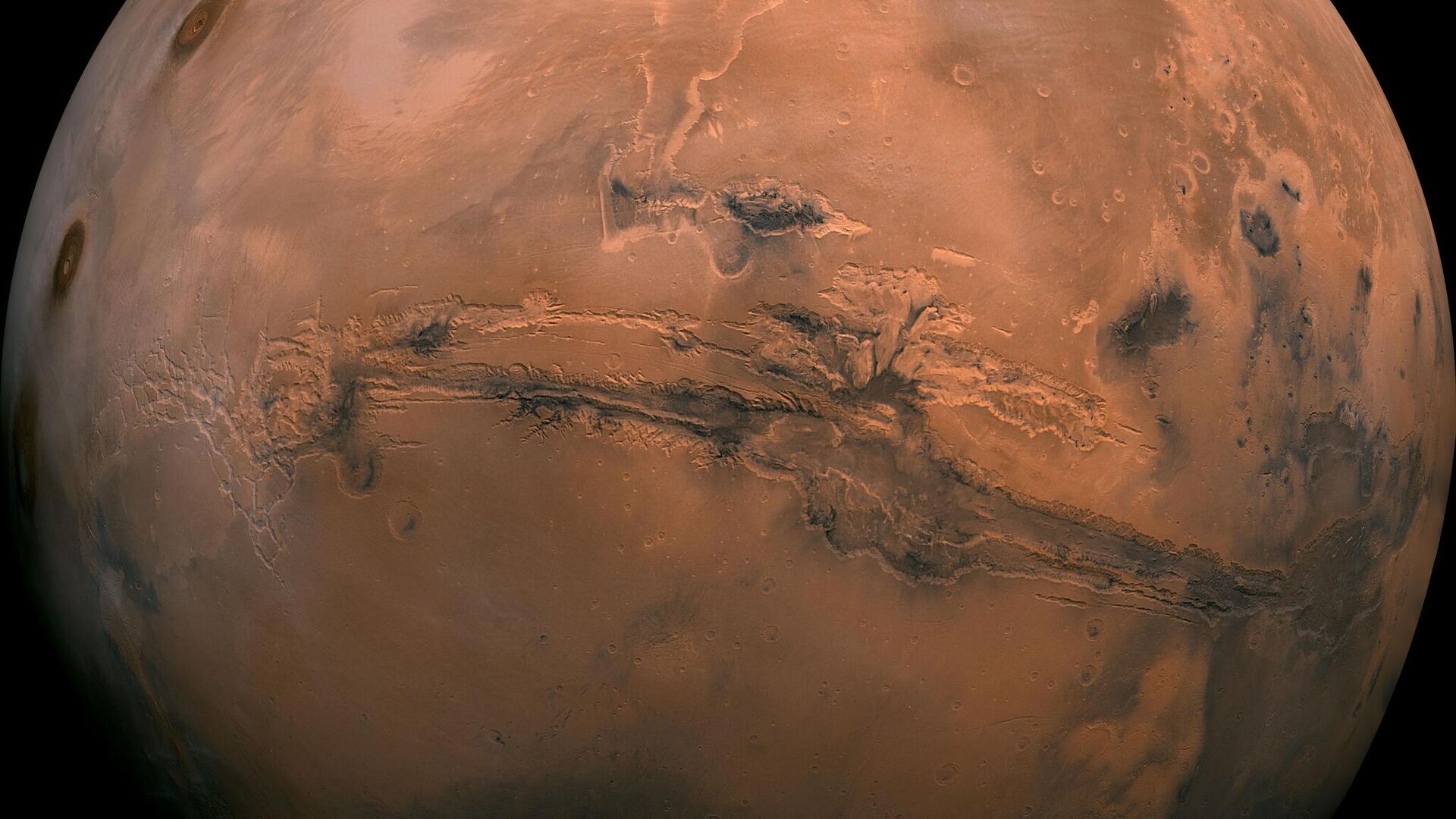https://en.sputniknews.africa/20230713/1060499223.html
Scientists Find New Organic Matter Pointing to Possible Martian Life
Scientists Find New Organic Matter Pointing to Possible Martian Life
Sputnik Africa
MOSCOW (Sputnik) - NASA's Perseverance rover has found traces of organic matter in Jezero Crater on Mars, giving scientists information about the possibility... 13.07.2023, Sputnik Africa
2023-07-13T08:33+0200
2023-07-13T08:33+0200
2023-08-03T10:50+0200
science
mars
nasa
international
https://cdn1.img.sputniknews.africa/img/07e7/07/0d/1060499387_0:448:2049:1600_1920x0_80_0_0_564761500c0d0f8d0d0f3842f8b7989b.jpg
"Our findings suggest there may be a diversity of aromatic molecules prevalent on the Martian surface, and these materials persist despite exposure to surface conditions," the report read. These molecules were mostly found within minerals linked to aqueous processes, indicating that these processes may have had a key role in organic synthesis throughout Mars' history, the researchers added. The study also showed that a more complex organic geochemical cycle may have existed than had been previously thought. At the same time, the authors of the study note it is difficult to name the exact types of organics found. The confirmation of the organic origin and specific identification of these molecules will require samples to be returned to Earth for laboratory analysis. The samples are expected to be brought to Earth by the Mars Sample Return mission, which could begin in 2027.The findings were published Wednesday in the UK scientific journal Nature.
mars
Sputnik Africa
feedback@sputniknews.com
+74956456601
MIA „Rossiya Segodnya“
2023
Sputnik Africa
feedback@sputniknews.com
+74956456601
MIA „Rossiya Segodnya“
News
en_EN
Sputnik Africa
feedback@sputniknews.com
+74956456601
MIA „Rossiya Segodnya“
Sputnik Africa
feedback@sputniknews.com
+74956456601
MIA „Rossiya Segodnya“
science, mars, nasa, international
science, mars, nasa, international
Scientists Find New Organic Matter Pointing to Possible Martian Life
08:33 13.07.2023 (Updated: 10:50 03.08.2023) MOSCOW (Sputnik) - NASA's Perseverance rover has found traces of organic matter in Jezero Crater on Mars, giving scientists information about the possibility of life on the red planet, an international team of scientists have revealed.
"Our findings suggest there may be a diversity of aromatic molecules prevalent on the Martian surface, and these materials persist despite exposure to surface conditions," the report read.
These molecules were mostly found within minerals linked to aqueous processes, indicating that these processes may have had a key role in organic synthesis throughout Mars' history, the researchers added.
The study also showed that a more complex organic geochemical cycle may have existed than had been previously thought.
At the same time, the authors of the study note it is difficult to name the exact types of organics found. The confirmation of the organic origin and specific identification of these molecules will require samples to be returned to Earth for laboratory analysis.
The samples are expected to be brought to Earth by the Mars Sample Return mission, which could begin in 2027.
The findings were published Wednesday in the UK scientific journal Nature.

